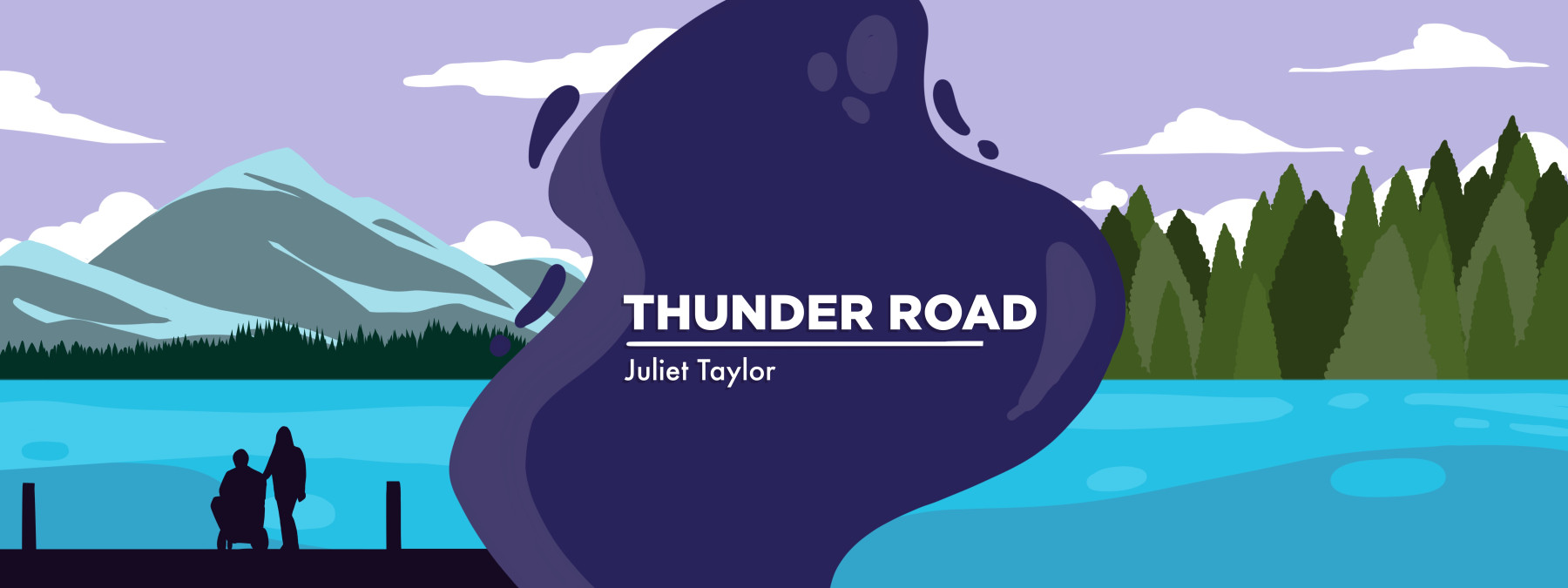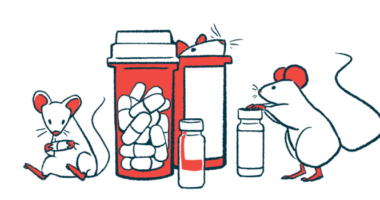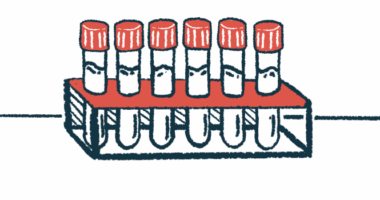The end of a career was a hard loss for my late husband
ALS took many things from Jeff, and being unable to work was devastating

I was enchanted on the first date with my late husband, Jeff, when our conversation turned to work. It’s an odd thing to say, because we can be conditioned to believe that work should be a less important aspect of our lives. But what I noticed in Jeff was a spark as he began sharing about the moving, impactful, and even funny things he’d seen during his career.
Jeff was an agent for the Bureau of Alcohol, Tobacco, Firearms, and Explosives (ATF), and before that for the Federal Bureau of Investigation. In his nearly 30 years with these agencies, he’d worked all over the world, playing a role in some of the most compelling stories I’d heard on the news.
He loved his job, and I loved the passion he felt for it. I relished meeting his work friends, who over the years really became like brothers and sisters to him. I enjoyed his pride at being one of the White House employees (working for two administrations, on both sides of the aisle, in a nonpartisan role) who gave the most tours to family and friends. But mostly, I was proud of how he cared for people. His job was about safety and security, and he took this seriously.
My own career has always been in the field of communications, which, while rewarding, certainly lacks the intrigue of being a federal law enforcement agent. The variety in our careers, though, and our mutual passion for them, was a source of bonding for us. We never tired of talking about our respective interest in our jobs.
Love and loss
After Jeff retired from the government, he continued working on security matters, often consulting and speaking. He was in the process of launching a new venture when his earliest and mildest ALS symptoms began.
As I’ve written before, Jeff’s ALS started with a foot drop, an often benign symptom that can cause annoyance more than concern. As his symptoms progressed, though, his voice began to slur. I remember Jeff’s last speaking engagement, because we combined it with our honeymoon. We’d married between his initial ALS diagnosis and receiving a second opinion, and used an existing business trip to get away to the Florida Keys for a few days.
Over the months that followed, I watched helplessly as Jeff’s career ended, against his will and his wishes. The nature of his work required his voice, which became impossible to use. He subsequently lost the ability to type quickly and thus had to stop writing articles and reports. With far more abruptness than either of us could process, Jeff had to stop working.
We missed his income for sure — ALS is an incomprehensibly expensive disease — but far more than that, we both missed the satisfaction and happiness that his career brought him. Without consent, Jeff endured yet another ALS loss as his rewarding working life drew to a close. In the context of so many other losses, losing his job felt minor at the time. But emotionally, it was a significant blow, one that broke my heart.
Because I’ve stayed active in the ALS community, I have many friends who are living with the disease. Many have been able to continue working in their prediagnosis roles. Others have reinvented their careers based on what they can accomplish while living with the disease. Still others have focused on volunteering or becoming active as ALS advocates. And some have been forced to stop working altogether.
Alas, in Jeff’s case it was the latter.
Jeff continued to lead a rich and vibrant life until he died from ALS almost five years ago. He read voraciously, watched educational television shows, and connected with loved ones — including his cherished ATF and national security family — whether in person or via Zoom. He continued our inside joke of being my life coach. (He always had ideas on how I could improve myself!) He challenged himself, and his internal and intellectual life was deep and active throughout his illness. Still, I know he missed his old life.
In truth, it doesn’t matter what any of us do as a chosen vocation if it brings us challenges, satisfaction, purpose, and meaning. Whether a federal agent or a columnist, a pharmacist or a plumber, a stay-at-home parent or a physician, having the opportunity to find fulfillment in how we spend our days can be a core aspect of our well-being.
In the context of the many parts of our physical and emotional lives that ALS can take away, seeing the demise of our ability to make a living, or to consult, or to contribute in our own areas of expertise — particularly with full cognitive capabilities and lacking the ability to express them in the ways that we’d like — can be a devastating thing to lose.
Note: ALS News Today is strictly a news and information website about the disease. It does not provide medical advice, diagnosis, or treatment. This content is not intended to be a substitute for professional medical advice, diagnosis, or treatment. Always seek the advice of your physician or other qualified health provider with any questions you may have regarding a medical condition. Never disregard professional medical advice or delay in seeking it because of something you have read on this website. The opinions expressed in this column are not those of ALS News Today or its parent company, Bionews, and are intended to spark discussion about issues pertaining to ALS.








gloria stewart
My mother died of ALS. It is a Horrible Disease mainly because you don't know what the next will bring. As I got closer to the age that she was diagnosed I worried everything something was wrong with me. But, I never even thought that instead of me my son would get it. He was a great athlete. He swam and played soccer completely until he discovered Rugby. He fell in love with the sport. He played in high-school and College. After College he played it all the top teams in Texas. When he was 37 he started his own company and he traded Rugby for golf. He was good and found he really loved playing this sport also. He put together teams and started competitions among his friends. He ordered custom hats and had a beautiful sterling silver belt buckle custom made for the trophy. It was his Birthday and he just turned 38 when he started having drop foot. Everyone said it is just a pinched nerve so he went for adjustments and stretching. Soon his leg started to atrophy. He started using a cane and all of a sudden I got flash backs of when this happened to my mother. We ran to the ER at UTSW. They kept him for 5 days doing tests. They set blood to have his genes tested. On October 14th he was diagnosed with ALS. At the point he was walking with a cane. By Nov 20th he had flown to Uruguay to have a stem cell treatment. And by Dec 15th he need a walker, by Jan 4th he had lost 10 inch in his thighs and he now on Jan 25th he can no longer walk and it has started progressing to his hand and arms. He still goes to the indoor natatorium 4 days a week to exercise in the pool. He is very positive and has the most joyfully disposition by I am very sad and concerned with the speed of his disease. I really didn't believe that it would progress so fast. God Bless all of you who are connected with this disease. Wheather you are experiencing it personally or you are family members or friends I pray that some day very soon we will find an answer.